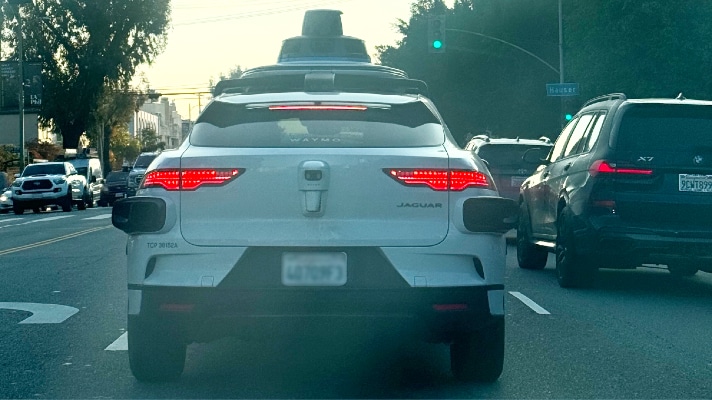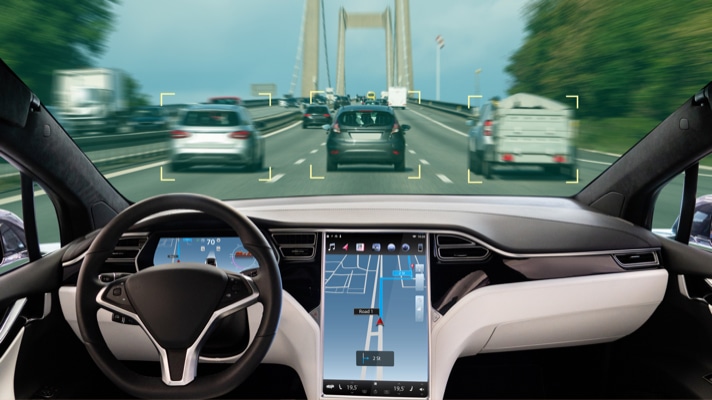What To Do in a Case of a Collision With a Self-Driving Car
Written By Chris Dolan and Breanna K. Martinez This week’s question comes from Mark from Walnut Creek, CA, who asks: If a self-driving car were to leave the scene of an accident, how would this be handled legally? Would it be considered a hit-and-run? If so, who would be held accountable? Dear Mark, Self-driving cars …
What To Do in a Case of a Collision With a Self-Driving Car Read More »



